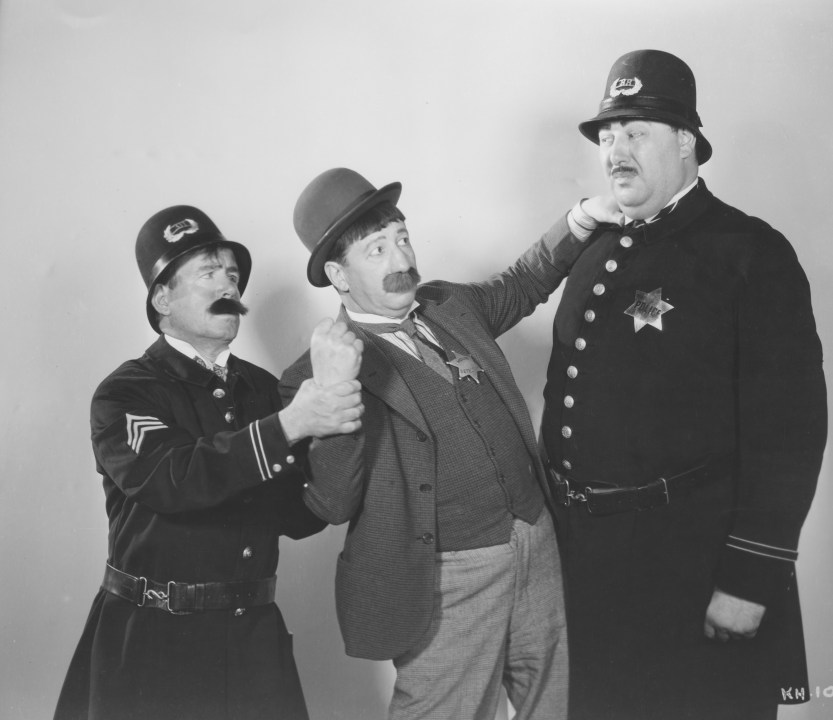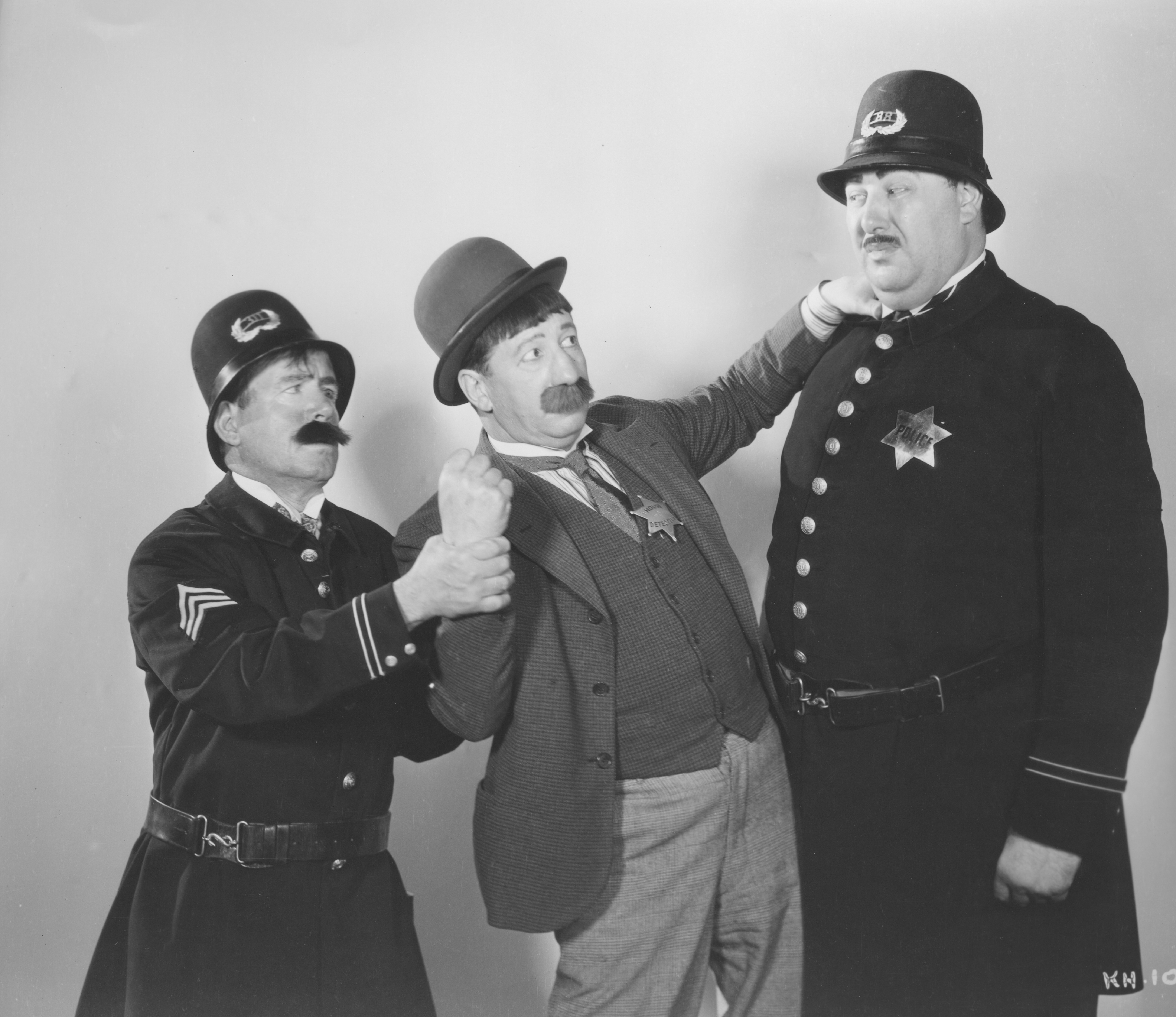I couldn’t quite believe it when first I read the newspaper subscriber’s letter. Columnists for the Times and Spectator do still get real letters, and this one from (shall we say?) Mr Jones had enclosed the copy of a letter he had written to a lady whom we shall call Mrs Smith. Mr Jones had read about the public protest she was leading last year against an Emmerdale episode in which a couple, after much agonising, choose to abort their Down’s syndrome baby.
Mrs Smith has a Down’s syndrome child, whom she adores. Mr Jones’s letter to her defended the broadcaster’s right to show parents who make a different choice. He believed the reasoning of such parents should at least be heard. He pointed out to Mrs Smith that the episode also included a happy couple who rejoiced in their Down’s syndrome son.
Although he went on to say he understood and respected those who keep their Down’s children, Mr Jones began his letter to Mrs Smith indignantly. I express here no view at all on the issue itself so I shall quote only the following sentence, the crux of what I want to discuss: ‘You disgracefully suggest that the reason for the inclusion of this situation in the script is a deliberate attempt to perpetuate prejudice against Down’s syndrome children.’

Mr Jones’s letter gave his name and address. Two weeks later he got a call from a Thames Valley police officer, informing him that Mrs Smith had reported him for a ‘hate crime’. The officer added that the police did not agree and that no further action was being taken, but they were obliged to tell him that a police record must now be opened on him, and his ‘involvement’ in a ‘hate incident’ entered upon on it. The officer asked for his date of birth.
Incredulous, I decided to check. Mr Jones is entirely right. Police are indeed required to open a record even in cases where no crime has been committed, but ‘hate’ alleged: a ‘hate incident’. And what is the definition of such an incident? ‘If’ (says the College of Policing) ‘the victim [sic] or any other person perceives that the incident was motivated wholly or partly by hostility, it should be recorded and flagged as a non-crime hate incident.’
The College’s advice goes on to remind officers that ‘[a] current or prospective employer may request an enhanced Disclosure and Barring Service (DBS) check as part of their employment and/or recruitment processes. This may include records relating to non-crime hate incidents’. It is for police officers to decide whether disclosure would be ‘relevant’ when such requests are made. Mr Jones, however, does not think a person’s employability should be jeopardised because another person has made a complaint that the police themselves have deemed groundless.
Police are required to open a record even in cases where no crime has been committed, but ‘hate’ alleged
I have tried very hard to construct the argument in favour of this advice to the police. It isn’t open and shut, and you do end up having to decide where to draw the line. If we were to learn that half a dozen allegations of brutal rape by a particular man had been made to the police by different women on different occasions, but that in no case was there sufficient evidence to proceed, we might be outraged to hear that no record was kept. But in my correspondent’s case I’m driven to the conclusion that the nub of the injustice is to be found in the term ‘hate incident’ itself, and the injustice is aggravated by the use of the word ‘victim’ when ‘complainant’ is the right term.
There is certainly one sense of the word ‘incident’, in which the fact that one person alleges that another person’s ‘hostility’ was motivated by hate/racism/homophobia does mean that the accused individual has — by definition — been involved in a hate/racism/homophobia ‘incident’. In this sense I can involve you in a dangerous-driving incident simply by accusing you of dangerous driving. But where the police see no reason at all to conclude that Mr Jones has behaved hatefully just because Mrs Smith says he has, then to shackle the word ‘hate’ to the word ‘incident’ and enter the conjunction against Mr Jones’s name in a police record is surely misleading. To report another for hatefulness is itself evidence of ‘hostility’ to them, so on that reading Mrs Smith herself (should Mr Jones report her) has been involved in a hate incident too.
And if that’s the law, what shall I do about the following statements — all expressed publicly, not just in a private letter? They’re from online Spectator readers, Times readers or Twitter. All could, if the police wished, be tracked down.
‘Is Parris a two-faced commie? I suggest he is’; ‘What a twisted mind’; ‘So an aversion to sodomising teenagers counts against you now, does it?’; ‘Good luck with the moon shot. One way ticket?’; ‘Pure unadulterated drivel. Why oh why did I read it?’; ‘Crowdfund to pay for a hitman to kill Matthew Parris, anyone?’
‘Matthew Parris is a twat embarrassed by his heritage’; ‘In the Spectator Matthew Parris likened [a face mask] to a codpiece, which … is quite appropriate for such a colossal dickhead’; ‘The only reason I keep my Speccie subscription is for Shriver, Liddle, and for the comments calling [Parris] a c—’. There is much more in this vein, and in far worse language. And I love this: ‘As someone whose voice sounds like one of those caring dotty vicars of Ealing comedies, a soft wetness you could grow cress on, I wouldn’t critics [sic] others MP.’
Comes with the territory of being a columnist: water off a duck’s back. Besides, such commentary has been genuinely useful to me in researching the psychopathology of Brexit — but my point is serious, and it’s this. I’ve not the least desire to land these poppets, literally thousands of them, with a police record. But if I tried I could. Something is going wrong with this area of law.








Comments